Rare disease summit in Virginia ends with call for global equity in research
The three-day Indo-US Bridging RARE Summit in Virginia closed with a united appeal for inclusive, cross-border action on rare diseases.
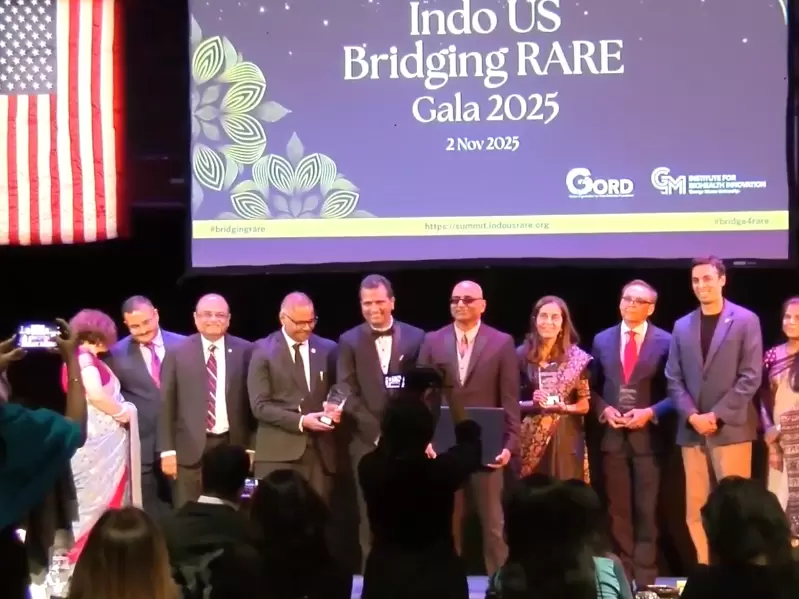 Organized by the Indo-US Organization for Rare Diseases in collaboration with George Mason University, the three-day hybrid summit brought together scientists, clinicians, patient advocates, and policymakers from India, the U.S., and beyond. / Srimukh Manku
Organized by the Indo-US Organization for Rare Diseases in collaboration with George Mason University, the three-day hybrid summit brought together scientists, clinicians, patient advocates, and policymakers from India, the U.S., and beyond. / Srimukh Manku
The Indo-US Bridging RARE Summit 2025 concluded Nov. 4 at George Mason University in Manassas, Virginia, with participants calling for greater global equity, representation, and access in rare disease research and care.
Organized by the Indo-US Organization for Rare Diseases in collaboration with George Mason University, the three-day hybrid summit brought together scientists, clinicians, patient advocates, and policymakers from India, the U.S., and beyond. Held from Nov. 2 to 4, the event aimed to accelerate inclusive, patient-centered clinical research and strengthen collaboration in orphan drug development, particularly in emerging markets.
Keynote speakers included Dr. Bobby Mukkamala, member of the Board of Directors of the American Medical Association; Dr. Gary A. Puckrein of the National Minority Quality Forum; and Pesh Patel of A Kidney Life. Sessions explored challenges in equitable research access, patient engagement, and policy alignment across countries.
A highlight of the summit was the Bridging RARE Gala, an evening celebrating resilience and community among patients, caregivers, and advocates. The program featured artistic performances, tributes, and stories from families affected by rare conditions.
The gala also hosted the Abbey Meyers Khushi Bridging RARE Awards, honoring individuals advancing cross-border collaboration in rare and undiagnosed diseases. Named after Dr. Abbey Meyers—an architect of the U.S. Orphan Drug Act of 1983 and founder of the National Organization for Rare Disorders—and Baby Khushi, who inspired her father Dr. Harsha Karur Rajasimha to pursue rare disease advocacy, the award recognizes global pioneers in the field.
This year’s honorees included Dr. Madhulika Kabra of the All India Institute of Medical Sciences for prenatal diagnosis and exome sequencing research; Dr. Priya Kishnani of Duke University for her work in medical genetics and metabolic disorders; Dr. Pramod Mistry of Yale School of Medicine for his research on lysosomal storage diseases; and Rajesh Gooty, technology entrepreneur and civic leader, for his advocacy promoting inclusion and mental health awareness.
By uniting experts, advocates, and policymakers across borders, organizers said, the summit reaffirmed a shared goal—to build a future where no rare disease patient is left behind.
ADVERTISEMENT
ADVERTISEMENT
E Paper
Video



 Pranavi Sharma
Pranavi Sharma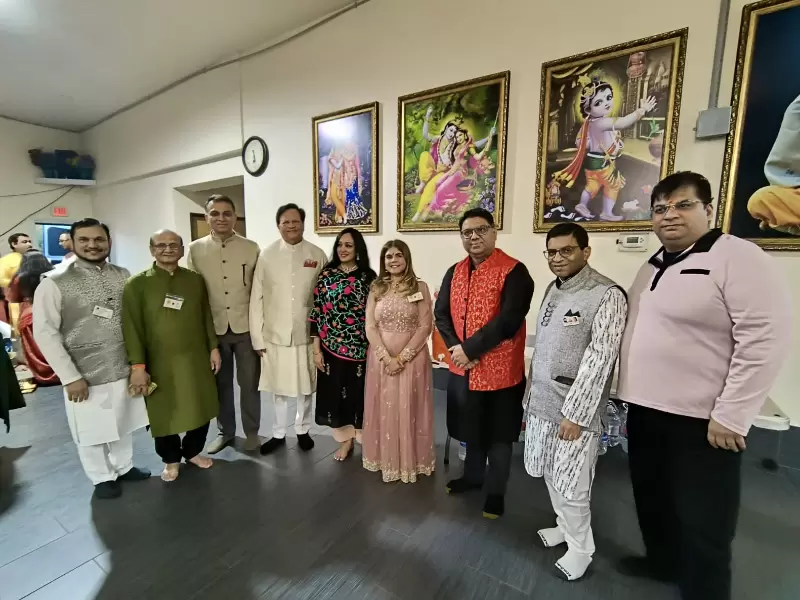
.JPG)
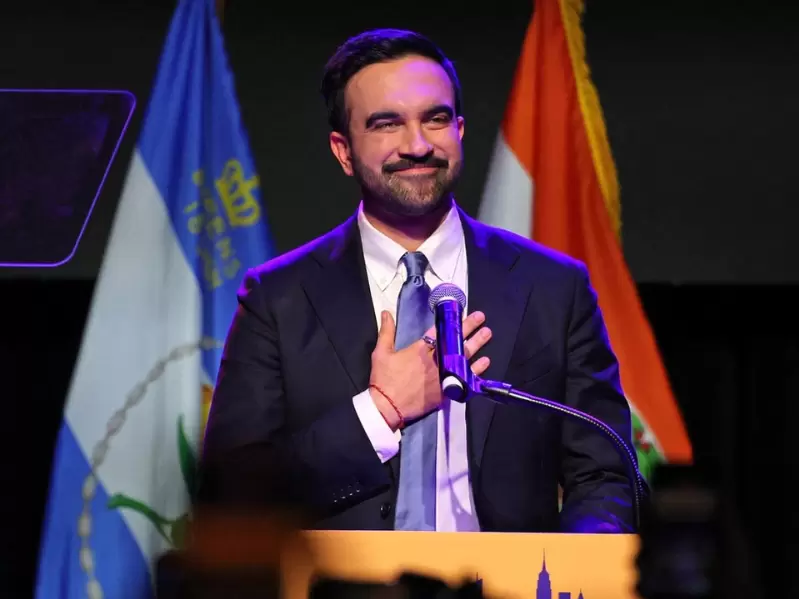
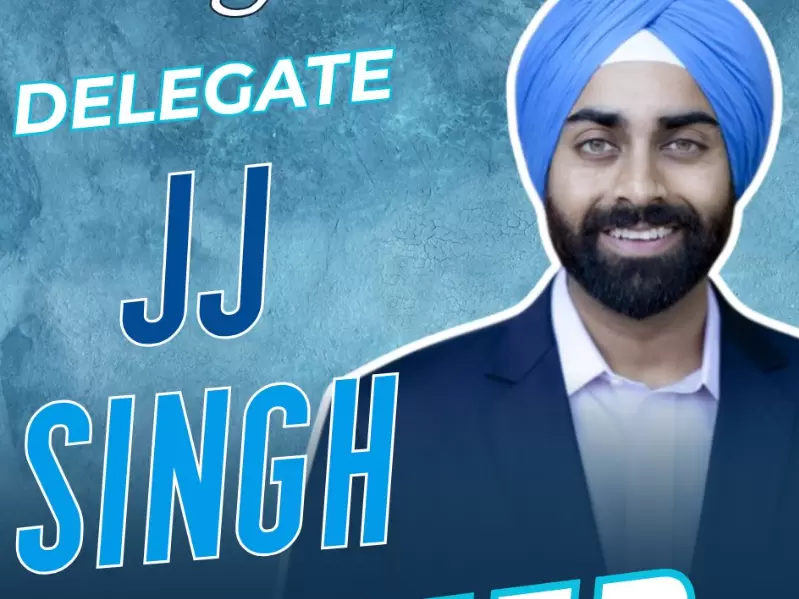
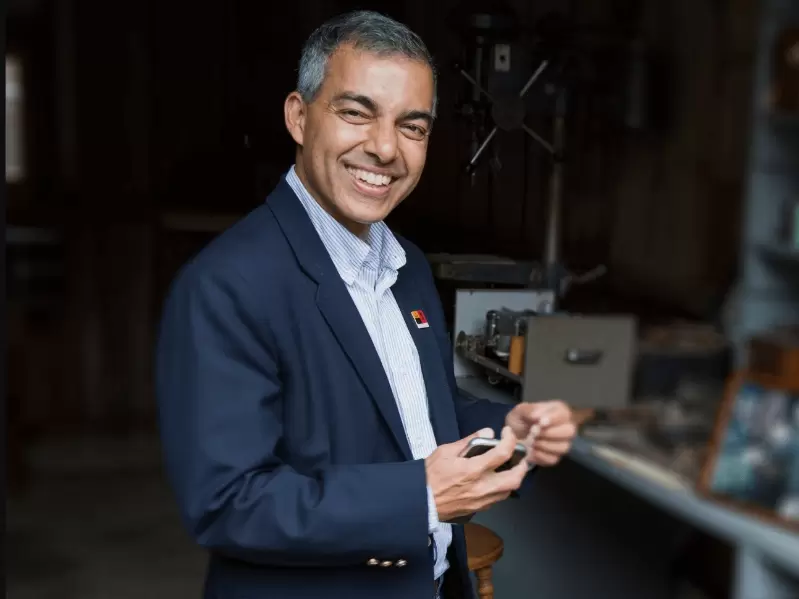
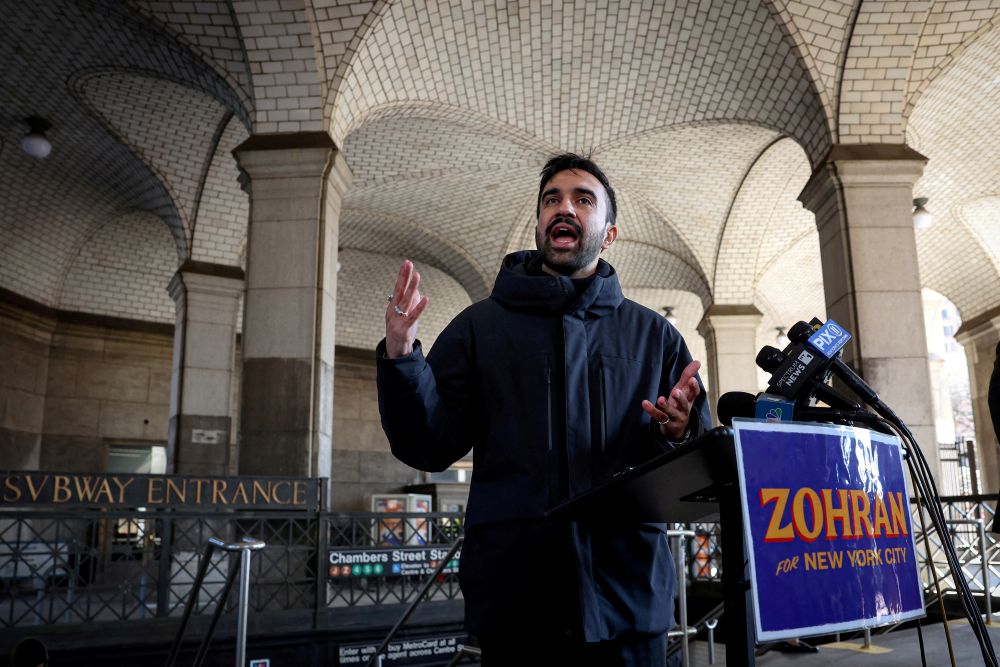
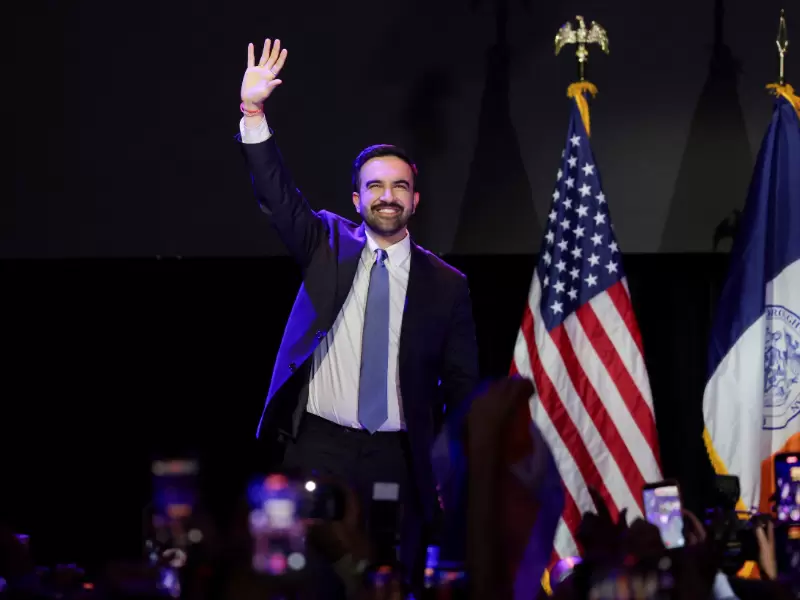
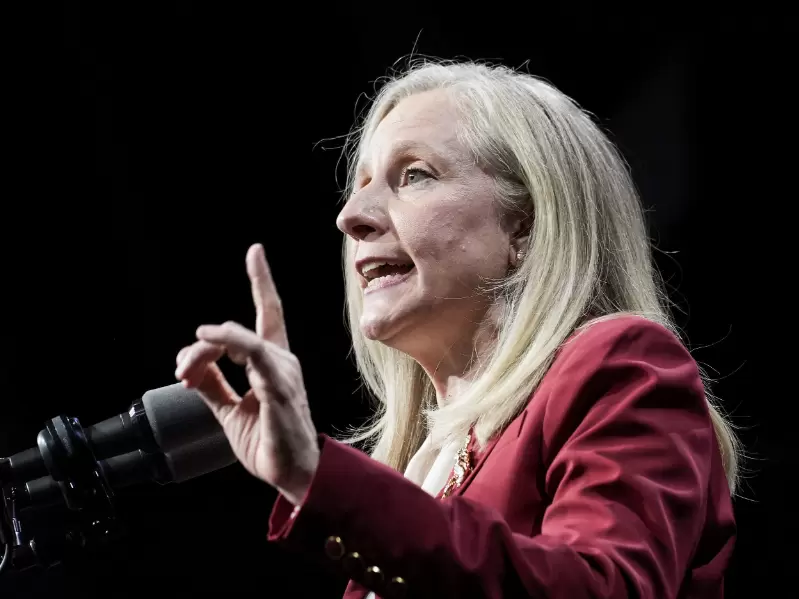
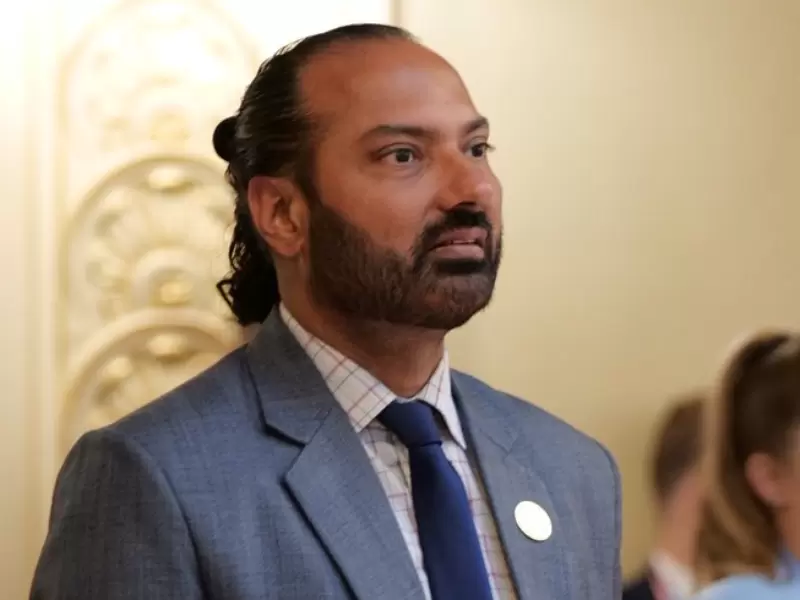
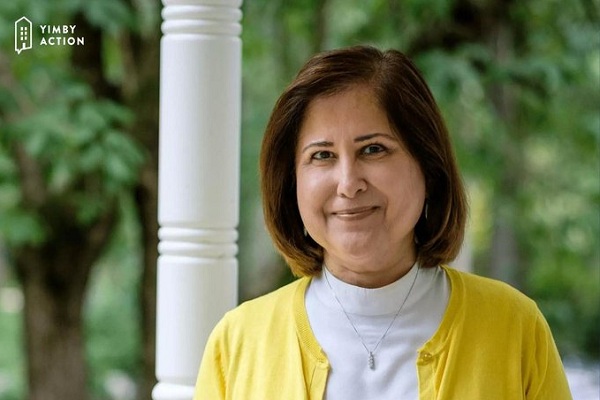
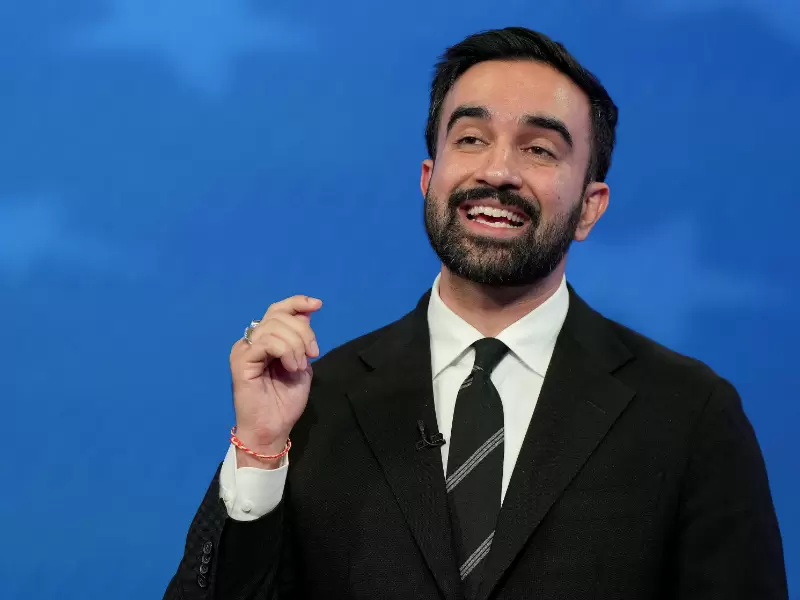

Comments
Start the conversation
Become a member of New India Abroad to start commenting.
Sign Up Now
Already have an account? Login